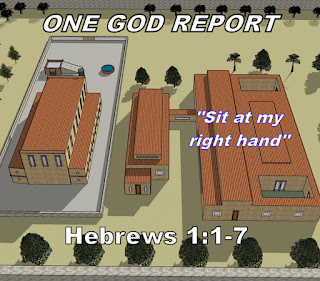Did Jesus Raise Himself from the Dead? John 2:18-22 and John 10:17-18

To hear the podcast click here . There are two places in Scripture, both in the book of John, to which people go to claim that Jesus raised himself from the dead. The claim is that if Jesus could raise himself from the dead, he must be God. Or, because Jesus is God, he could raise himself from the dead. There are big problems with the interpretation that Jesus raised himself from the dead. I’ll break the problems into two categories: 1. Biblical interpretation methodology (hermeneutics). The biggest problem from the perspective of biblical interpretation methodology is that the claim that Jesus raised himself from the dead contradicts a multitude of other Scriptures. The claim breaks one of the main rules of good biblical interpretation: “Interpret a less clear passage from the clear passage(s)”. 2. Theological problems – besides directly contradicting a multitude of other Scriptures, the claim that Jesus raised himself from the dead does not theologically align with


